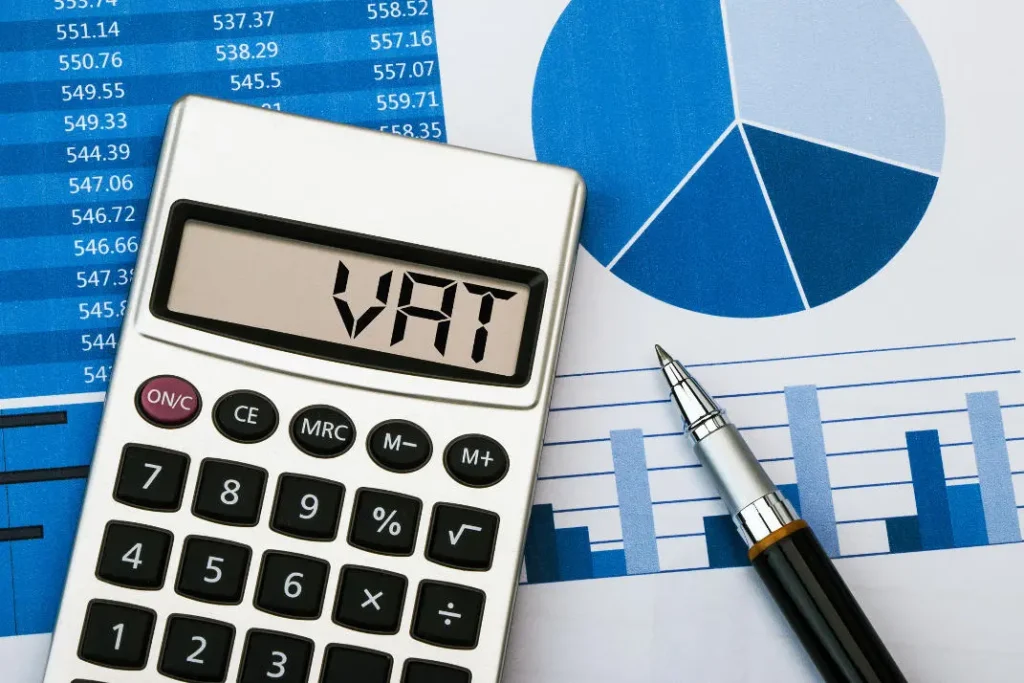Introduction
In Thailand, the timely filing of tax returns and compliance with accounting regulations is important for individuals and businesses alike. Failure to meet these obligations can lead to significant penalties and fines.
This blog post will explore the various penalties associated with late filings in Thailand, providing a comprehensive overview of the consequences for non-compliance.
Key Points
- Late tax filings in Thailand can result in significant penalties, including fines and interest charges.
- Different taxes (e.g., Corporate Income Tax, VAT, Withholding Tax) have specific filing deadlines and penalties for non-compliance.
- Penalties for late filings can range from 1,000 to 2,000 THB per month, with additional interest of 1.5% per month on unpaid taxes.
- Severe cases of non-compliance or fraud may lead to criminal charges and imprisonment.
Understanding Tax Obligations in Thailand
Understanding the tax obligations that individuals and businesses face in Thailand is an important consideration. The Revenue Department oversees tax collection and compliance, which includes various taxes such as:
- Corporate Income Tax (CIT)
- Value Added Tax (VAT)
- Withholding Tax (WHT)
- Social Security (SSO)
- Personal Income Tax (PIT)
Each type of tax has its own filing requirements and deadlines. For instance, corporate income tax returns must be filed annually, while VAT returns are typically filed monthly.
Tax Filing Dates in Thailand
The filing dates for the most common taxes encountered by a company in Thailand are as follows:
Corporate Income Tax (CIT)
- Half-Year Return (Form PND.51):
- Paper Filing: 31 August
- E-Filing: 8 September
- Year-End Return (Form PND.50):
- Due within 150 days after the end of the accounting period (typically 29 or 30 May for calendar year taxpayers).
- E-Filing extends this to 6 or 7 June.
Value Added Tax (VAT)
- VAT Returns (Form PP.30):
- Due on the 15th of the following month for paper filings.
- E-Filing extends this to the 23rd of the following month.
Withholding Tax (WHT)
- All WHT Returns (Forms PND.1, PND.2, PND.3, PND.53, PND.54):
- Due on the 7th of the following month for paper filings.
- E-Filing extends this to the 15th of the following month.
Social Security (SSO)
- Social Security contributions must be filed by the 15th of the following month after wages are paid.
Personal Income Tax (PIT)
- Half-Year Return (Form PND.94):
- Due by 30 September for paper filings and 8 October for e-filing.
- Year-End Return (Forms PND.90 or PND.91):
- Due by 31 March for paper filings and 8 April for e-filing.

Penalties for Late Filings
Timely filings are important because late submissions not only affect financial planning but also lead to financial penalties. Some common examples include:
1. Late Filing Penalties
One of the most immediate consequences of failing to file a tax return on time is the risk of late filing penalties. The penalties vary depending on the type of tax:
- Corporate Income Tax: If a corporate taxpayer fails to file their CIT return by the due date, they may face a fine ranging from 1,000 to 2,000 THB for each month of delay, up to a maximum of 20,000 THB.
- Value Added Tax: The penalty for late filing of VAT return can be up to 2,000 THB for each month of delay. Additionally, if the delay exceeds 30 days, further penalties may apply.
- Personal Income Tax: Individuals who fail to file their PIT returns on time may incur a fine of up to 2,000 THB for each month of delay.
2. Interest on Unpaid Taxes
In addition to fixed penalties for late filings, taxpayers may also incur interest on any unpaid taxes. The interest rate is typically set at 1.5% per month on the outstanding amount from the due date until payment is made. This can significantly increase the total amount owed if not addressed quickly.
3. Additional Fines for Non-compliance
Beyond the standard late filing penalties and interest charges, taxpayers may face additional fines for non-compliance with specific regulations:
- Failure to Issue Invoices: Businesses that fail to issue proper invoices may incur fines ranging from 2,000 THB to 20,000 THB.
- Incorrect or Incomplete Filings: If a taxpayer submits an incorrect or incomplete return, they may be subject to fines equivalent to 100% of the unpaid tax amount.
4. Criminal Penalties
In severe cases of non-compliance or fraudulent activity, criminal charges may be brought against individuals or businesses (as well as the individual directors representing the company). This can result in imprisonment or heavier fines as determined by the court.
Read Also : Late Tax Filings in Thailand: What You Need to Know
Mitigating Penalties
Taxpayers in Thailand can take several steps to mitigate penalties associated with late filings:
1. Understanding Deadlines
It is essential for taxpayers to familiarise themselves with filing deadlines for different taxes. Keeping a calendar with due dates can help avoid unintentional late submissions.
2. Seeking Professional Help
Engaging a qualified accountant or tax advisor can provide valuable assistance in ensuring compliance with Thai tax laws. Professionals can help prepare accurate returns and provide guidance on filing procedures.
3. Filing Extensions
In some cases, taxpayers may be eligible for extensions on filing deadlines. It is recommended to apply for these extensions before the original deadline passes to avoid penalties.
4. Prompt Payment of Taxes Due
Paying any taxes owed as soon as possible can help minimize interest charges and additional penalties associated with late payments.
Our Thoughts
Having proper accounting is important to protect the company in the long term and avoid higher tax and penalties. Accurate bookkeeping and compliance to accounting regulations ensure an accurate reflection of the company’s books. This provides complete documentation required for any audits or investigations faced by the company. By prioritising accounting best practices,companies can maintain compliance, minimise tax exposure, and safeguard their long-term future of the business.
With the end of 2024, and the end of the accounting period for most companies, rapidly approaching, the annual tax filings are nearly upon us. Looking for an Accounting firm in thailand? contact us for a consultation with one of our tax experts.





